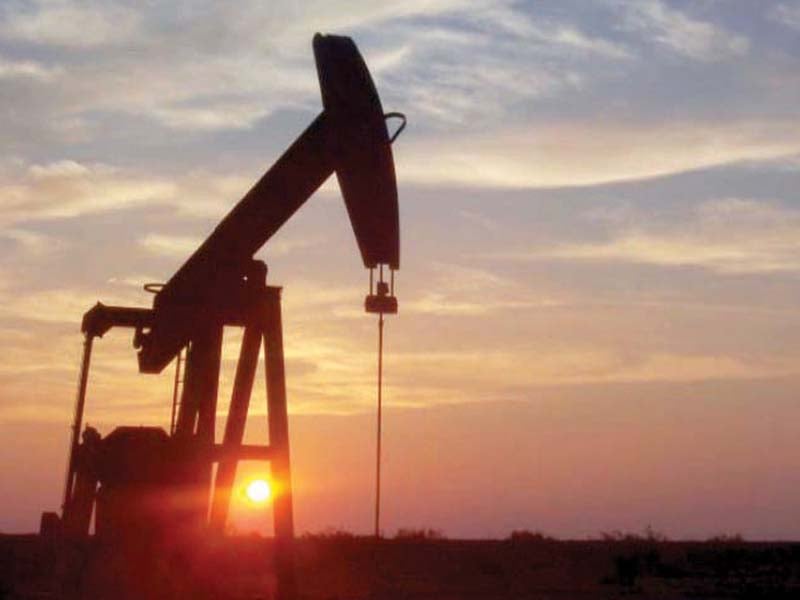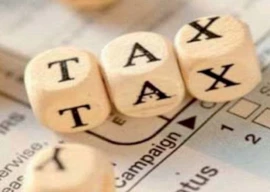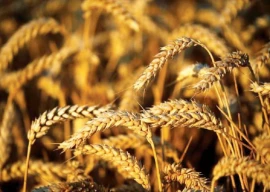
The fuel conversion project will convert furnace oil into diesel, jet fuels and kerosene.
PRL was clearing its position after news a day earlier that the Oil and Gas Regulatory Authority (Ogra) had planned an audit of oil refineries to find out where the billions of rupees collected as deemed duty from consumers went as the refineries had failed to upgrade their plants.
“Isomerisation project is expected to cost $35-40 million whereas diesel desulphurisation project with a conversion unit will require an investment of $400 million,” PRL Managing Director Aftab Hussain said while talking to The Express Tribune.
He said the isomerisation project, the contract for which has been awarded to a UK firm, was going ahead and was in the phase of developing an engineering design. It would be completed in July this year.

The desulphurisation project is in phase-I and II of the engineering design and will take six to nine months to be completed.
With the introduction of the isomerisation unit in the refinery, Hussain believed that PRL would be able to double its production of petrol from 11,000 to 12,000 tons per month to 23,000 to 24,000 tons, leading to saving of foreign exchange and reducing the trade deficit.
Similarly, the diesel desulphurisation project and the conversion unit will help the refinery upgrade its plants to produce environment-friendly Euro-II diesel and value-added products like jet fuels, which will also save foreign exchange.
Defending the stance of refineries, Hussain stressed that the 2002 policy clearly stipulated that the refineries after paying dividend, not exceeding 50% of the paid-up capital of refineries as of July 1, 2002, were to transfer remaining profits to special reserves.
Fresh directives of the Economic Coordination Committee (ECC) of the cabinet, communicated by the Ministry of Petroleum, have brought two changes in the 2002 policy framework.
First, the refineries will deposit the leftover profit after distribution of allowed dividend in an Escrow account, which will be equal to the amount appearing in special reserves of the refineries. Second, no loss will be covered by the special reserves until the completion of a refinery’s upgrading project.
Published in The Express Tribune, April 20th, 2013.
Like Business on Facebook to stay informed and join in the conversation.












































COMMENTS
Comments are moderated and generally will be posted if they are on-topic and not abusive.
For more information, please see our Comments FAQ